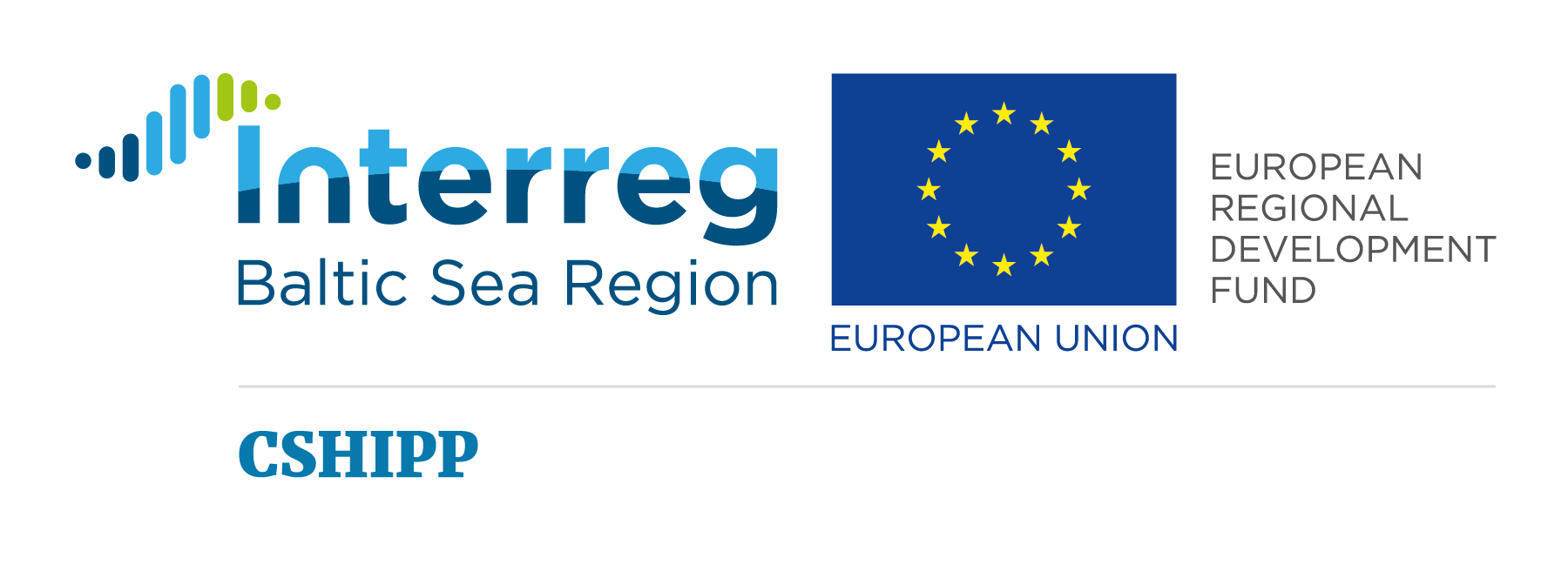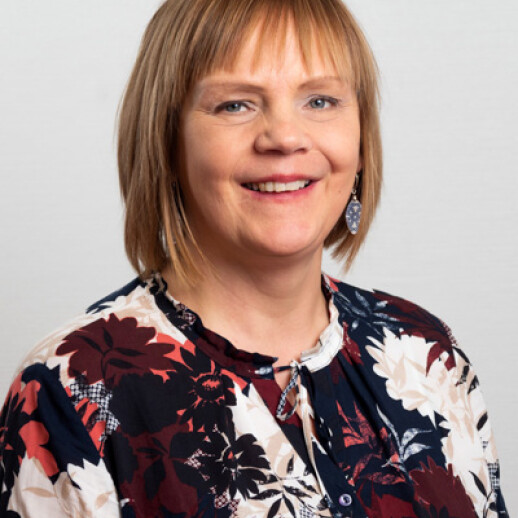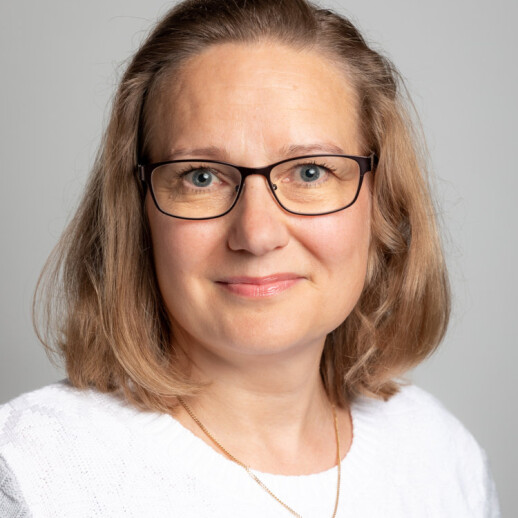Maritime Safety & Security and Marine Environment
The shipping intensity in the Baltic Sea is one of the highest amongst the sea areas in the world, and the traffic is still increasing. This results into increased risks of accidents and incidents, as well as impacts on the environment. Innovations in digitalisation and automation help to bring us closer to safer and more sustainable shipping.
Maritime transport is an efficient way of transporting goods and people, when compared with other modes of transport. The reduction of negative impacts of maritime transport on human health and the environment are facilitated by global regulation. This results into increased costs on the one hand, and creates business opportunities on the other hand. Developing of smart and innovative solutions for the future calls for increased cooperation at all levels.
We support to strengthening of the operating preconditions of shipping industry and development of logistics chains. We promote to improved safety cultures in transport businesses, and maintain cooperation to pave the way towards safe, secure and sustainable maritime transport.
Projects
The aim of SEAMEASURES is to contribute to thriving and sustainable shipping through analysis of different options for decarbonization and minimizing the harmful impacts to air quality and the marine environment. The project focuses on short sea shipping in Baltic Sea and North Sea regions.
SEAMEASURES is a seed money project during which suitable funding options will be identified for the main project. A state of play report in the field of sustainable shipping and decarbonisation will be compiled.
Project time: 1 October 2020 - 30 September 2021.
Budget: 50 000 euro
Partners:
Finnish Meteorological Institute (FMI), Finland
Helmholtz-Zentrum Geesthacht Centre for Materials and Coastal Research, Germany
Swedish Environmental Research Institute (IVL), Sweden
Coordinator: Centre for Maritime Studies
Project Manager: Sari Repka I sari.repka@utu.fi I p. 358 40 801 9206
![]()
The human element has been identified as the major contributing factor to accidents and incidents within the maritime domain. The seed money project aims to identify the main gaps and challenges related to the human factor in maritime safety. Based on this, a workplan to a full-scale project will be developed to improve understanding of the human factor and investigate the reasons behind the continuously high share of human action related accidents, find solutions and make recommendations to decrease these accident events.
Project duration: 1.10.2020-30.9.2021
Budget: 50 000 €
Co-financing: Interreg Baltic Sea Region Programme
Partners:
Lund University School of Aviation, SE
Tallinn University of Technology, Estonian Maritime Academy, EE
Chalmers University of Technology, Mechanics and Maritime Sciences, SE
Coordinator: Centre for Maritime Studies of the University of Turku
Project Director: Kirsi Laitio I kirsi.laitio@utu.fi I tel. +358 40 779 9483

The Baltic Sea region is a frontrunner in clean shipping. The gap between research, business and policy making, however, hinders further and faster development in the field. With this in mind, CSHIPP targets its activities and strives to increase dialogue between three groups of actors in the field of clean shipping: research organisations, businesses/industry representatives and policy makers. By carefully targeting CSHIPP outputs to these three key target groups, and by bringing them into a dialogue with each other in events and workshops, CSHIPP increases the overall capacity of a wide range of maritime actors. Showcasing the results of several projects working with these themes enables new ideas and synergies to emerge and flourish. CSHIPP is also a strong voice for the valuable work done in projects funded by the EU. There are 14 partners and 13 associated organisations including EUSBSR Policy Areas ‘Ship’ and ‘Transport’.
Projects involved in CSHIPP: EnviSuM, SHEBA, ECOPRODIGI, GoLNG, BalticLines, BSR Electric, Smartup Accelerator
Project time: 1 October 2018 – 31 March 2021
Budget: 1.1 million euro
Lead Partner:
University of Turku, Centre for Maritime Studies of Brahea Centre
Project Manager: Riitta Pöntynen I riitta.pontynen@utu.fi I tel. +358 40 351 0476
Communication:
Centrum Balticum Foundation
Communications Manager: Emilia Tuominen emilia.tuominen@centrumbalticum.org I tel: +358 40 509 6444
For more information, visit the website of CSHIPP.


The Project Platform stands for "Enhancing the durability of learning experiences gained in ChemSAR, HAZARD, DiveSMART Baltic and MIRG-Ex projects on guidelines, operational plans and procedures and exercises related to incidents at sea and in ports". ResQU2 Platform project consortium comprises 10 partners from eight countries: Estonia, Finland, Germany, Latvia, Lithuania, Poland, Sweden, and The Netherlands. These partners are in a key role in their respective projects and they represent three Interreg BSR projects, ChemSAR, HAZARD and DiveSMART Baltic, all of which are EUSBSR Flagship projects (PA SAFE and PA SECURE), and one project funded by DG ECHO, the MIRG-Ex project.
Project time: 1.10.2018 – 30.9.2020
Budget: 1.0 million euro
Partners:
University of Turku as Lead partner, representing two projects with two units involved:
Centre for Maritime Studies at the Brahea Centre, ChemSAR, FI (Lead partner)
Project Manager: Kirsi Laitio I kirsi.laitio@utu.fi I tel. +358 40 779 9483
Turku School of Economics, HAZARD, FI
Swedish Coast Guard, DiveSMART Baltic, SE
Estonian Police and Border Guard Board, ChemSAR, EE
Finnish Border Guard, ChemSAR, FI
Hamburg Fire and Rescue Service, HAZARD, DE
Fire and Rescue Department of Lithuania, HAZARD, LT
Southwest Finland Emergency Services, HAZARD, FI
Safety Region Zeeland, MIRG-Ex, NL
Polish Naval Academy, DiveSMART Baltic, PL
Latvian Maritime Academy, DiveSMART Baltic, LV
Associated Organisations:
EUSBSR Policy Area Secure (PA SECURE), SE
EUSBSR Policy Area on Maritime Safety and Security (PA SAFE), DK
Federation of the European Union Fire Officer Associations (FEU), LU
Estonian Rescue Board, EE
Polish Maritime Search and Rescue Service, PL
Follow ResQU2 project on
Twitter: @ResQU2Platform
Web: https://blogit.utu.fi/resqu2

The EnviSuM project results will provide policy makers and authorities with tools and recommendations for the development of future environmental regulations, and the shipping sector with guidance to support future investment decisions.
The EnviSuM project addresses measurement and modelling strategies to assess present and future cost and the health and environmental effects of ship emissions in view of the IMO emission regulations that entered into force in January 2015.
Available measures (fuels and abatement techniques) to meet the emission reduction targets will be investigated and their performance and level of compliance assessed. The EnviSuM project will provide tested and analyzed results on the efficiency of the different clean shipping solutions allowing the project consortium to make recommendations benefiting the environment, the health of the people of the Baltic Sea Region while still supporting the maritime businesses and promoting economic growth.
The societal impacts of emission reductions will be investigated both on the city scale and on the Baltic Sea regional scale utilizing the high technical and analytical skills of the consortium. Targeted activities in Gothenburg, Saint Petersburg and Gdynia-Gdansk will give key stakeholders from the industry and authorities the possibility to work together for a common goal and to exchange knowledge and expertise on the subject, providing extra cross-border value. As both authorities and representatives of the private sector are part of the project consortium, the tools and recommendations will directly benefit the decision making of both parties.
Project time: 1.3.2016 - 31.7.2019
Total budget: 3.2 million euro
Funding: European Regional Development Fund
Lead Partner:
University of Turku, Centre for Maritime Studies
Project Manager Sari Repka, sari.repka@utu.fi
Communication Manager Minna Alhosalo, minna.alhosalo@utu.fi
Partners:
Finnish Meteorological Institute, Finland
HELCOM, Finland
Chalmers University of Technology, Sweden
City of Gothenburg, Sweden
University of Gothenburg, Sweden
Maritime Development Center, Denmark
Norwegian Meteorological Institute, Norway
Maritime University of Szczecin, Poland
Tallinn University of Technology, Estonia
Baltic Marine Consult GmbH, Germany
In addition, there are 17 associated organisations, including Russian partners.
Follow EnviSuM project on
Twitter: @EnviSuMproject
Web: http://blogit.utu.fi/envisum/

ChemSAR – Operational Plans and Procedures for Maritime Search and Rescue in Hazardous and Noxious Substances (HNS) Incidents
Project objective: To create uniform operational plans and standard operational procedures (SOP) to save human lives in maritime HNS accident areas in a manner that the lives of the rescue crews will be protected and the impact on the environment will be minimized. For more information, visit the project website.




